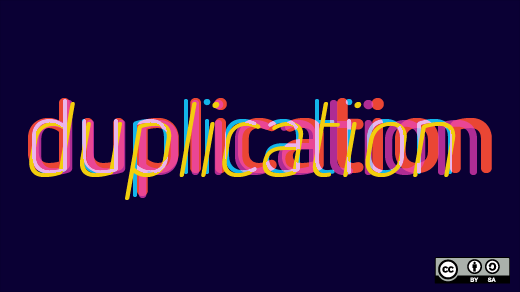If you’re familiar with any type of government procurement process, it usually involves an RFP—a request for proposal. But today, with declining revenues and limited resources, the approach to partnerships and getting work done may change within government in the near future. I forsee a shift from the traditional RFP process to a request for partnership.
The new RFP in government: Request for partnership
I envision a future where city, town, and county governments will start to pool their money and resources for IT projects. Why build a new data portal, ERP (Enterprise Resource Planning) platform, or any other project that is specific for just one government entity? We're wasting taxpayer dollars by duplicating these efforts because of political boundaries. And in many cases, these projects have similar requirements. It’s all about control, but as citizens, we need to start recognizing this waste and encourage our government to start looking for partnerships in IT rather than duplicating the same systems over and over.
Open source offers a great solution to this duplication. If one city, town, or county deploys an open source solution, then other towns can reuse that project. Eventually, we can have open source development and support communities around these projects. Look at how the private sector develops and uses open source. Resources from a variety of companies create projects like Linux. No one company owns Linux, but there is a strong community around it. There is no reason why our government shouldn’t replicate the open source process and break down the traditional political barriers that are driving up IT costs for innovative projects.
A great example of this is happening in North Carolina. A regional initiative focused on stimulating the deployment of next generation broadband networks essetially aims to create a high-speed fiber optic network. The partnership is called GIG-U/North Carolina Next Generation Network and includes organizations such as NC State, Duke, UNC, Wake Forest, Carrbaro, Cary, Chapel Hill, Durham, Raleigh, and Winson-Salem. The partners put out an RFP in February 2013 and got eight, quality responses. They are currently in the second round of reviewing proposals and are preparing for a roll-out in 2014. The partnership was recently awarded the National Association of Telecommunications Officers and Advisors (NATOA) 2013 Community Broadband Project of the Year award.
A future where our government entities are looking to partner with one another would not only save taxpayer dollars, but it would help enhance the citizen experience. Cities and towns with limited IT resources could take advantage of open source solutions already deployed. Now, we just need some of our elected officials and IT departments to realize the advantage of the new RFP (request for partnership) and begin discovering the partnerships that will reshape the government IT landscape.
Do you have examples from your community where partnerships like this are being formed?
Adapted from The foundation for an open source city, © 2013 Jason Hibbets, published under a Creative Commons Attribution-ShareAlike 3.0 Unported license, available at www.theopensourcecity.com
The poll, Should your government consider a "request for partnership" to prevent duplication and save tax-payer dollars in IT?, associated with this article is the original work of Jason Hibbets and is licensed under Creative Commons Attribution-ShareAlike 3.0 Unported (CC BY-SA 3.0). Attributions: Jason Hibbets, opensource.com






10 Comments